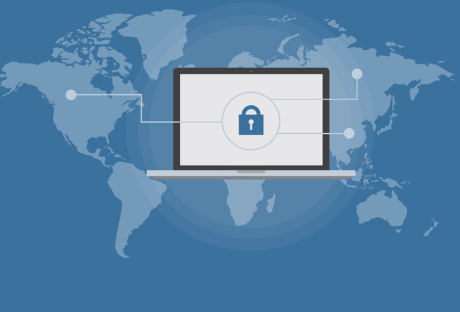Do you know that there is someone in your home behind your back? What will you do? Who will you call? How will you protect your belongings? And the most important, how will you safeguard your family?
Security today has become one of the paramount things these days. With crime rate increasing day-by-day and housebreak becoming a common thing, it has become essential to give your family and business a safe shelter. After all, no matter how safe the area or the street you live in, burglaries still happen.
However, you don’t have to install a missile or hire a professional on the rooftops to keep evil people away from your property. Instead, all you need is to be extra cautious and smart.
So, make it tough for the intruders and have a look at some of the essential tips to safeguard your home from outside:
Scout Out The Weak Spots:
Think like burglars and survey your house from the eyes of thief’s if you want to protect your home entirely. If you are easily able to break or pry the window, the thief will surely be able to. However, safeguard it using wooden rods or metal pipes from inside.
Also, check the things that are visible from the windows, there perhaps be expensive painting, glassware or any expensive electronic item. If there’s any, make small adjustments and move the things from getting seen by thieves.
Install A Good Sensor:
Let the intruder be in the eyes of sensors even before they touch the doors and windows. Install electronic doors and window sensors and cameras to detect the robber. You can also call a professional automatic locksmith service to take charge of securing your house from outside.
The expert will install cameras & detectors to vigil 24/7 so that you have a relaxed sleep. From their plethora of services, you can pick your suitable one to protect your place. Some locksmiths even provide services like garage doors, CCTV cameras and many more.
Keep The Entrances And Walkways Short And Trimmed:
Don’t make hiding spots for the thief to hide when attempting to intrude-in. Trim the shrubs from the entranceways and install light to make the place glowing even at night. Also, this will eliminate the risk of having no place to hide, and the thief will not even try to do it. Moreover, for added security, you can plant thorns at the windows making it difficult for the intruder to jump-in the house.
Build A Protective Fence:
A fence is an excellent way to not only keep intruders but unwanted visitors away from your property. You can use the open-chain link or metal fence to secure the place. Some owners also prefer solid barriers for limiting the street noise as well as for privacy; such rails are easy to climb and hide.
Don’t Leave Expensive Things Open In The Garden:
Things like expensive cars, bikes, kitchen BBQ grills make easy targets for the burglars to grab them. Bonus for the thieves if these things have got wheels!
Moreover, if you have open street parking, lock your car properly and make sure to bring out all the important things from the car.
We live in a constant threat of someone hampering our property and family. So, keep in mind the above mentions tips and stay protected and safe!
Read More :























